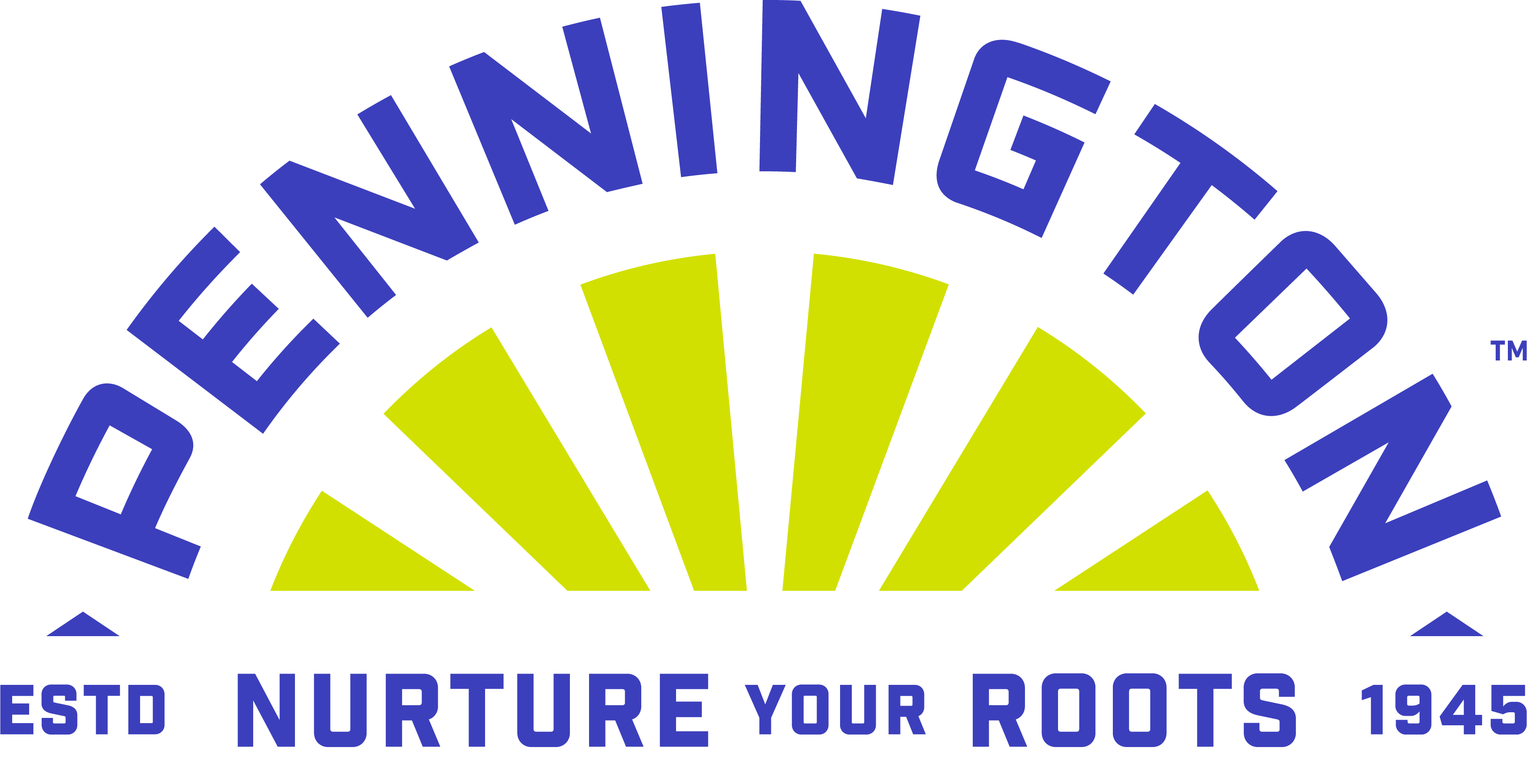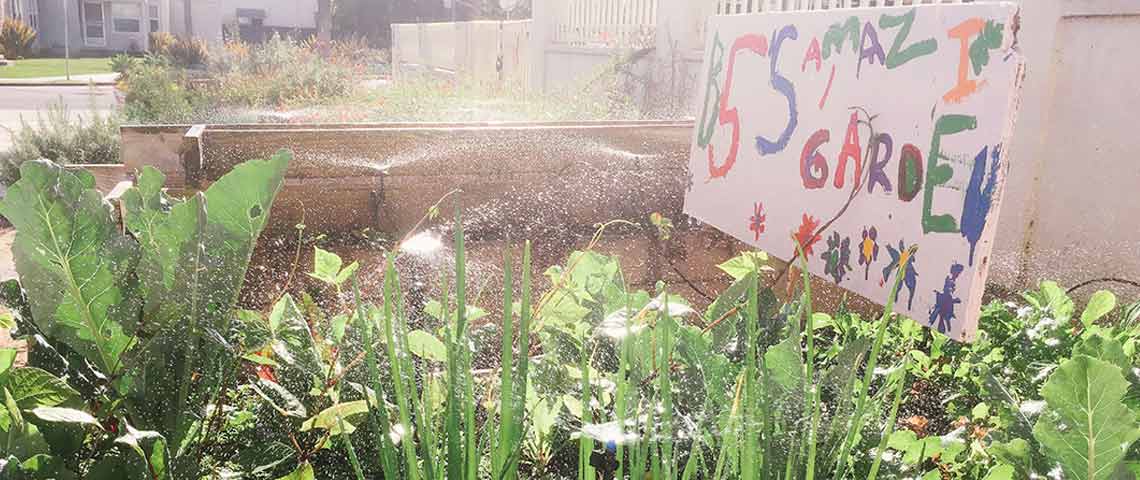Central and the Atlanta Community Food Bank Fight Food Insecurity
While hunger is clearly problematic in our world, our country and even in our own communities, the good news is that it's a problem that can be solved. On the front lines of the effort to provide more food security to Americans susceptible to hunger is the Atlanta Community Food Bank (ACFB). In addition to distributing more than 61 million pounds of food and grocery products in an average year, ACFB hosts a variety of other programs to help reduce food insecurity in Atlanta and surrounding communities.
“Those who are in need are not always those you assume. Hunger has many faces and comes from many circumstances." (ACFB)
More than 750,000 people in the Atlanta metro area turn to food pantries and meal service programs to help feed their families each year. These households include 164,000 children and 64,000 seniors.
Through outreach, educational workshops, referral programs and community gardens, ACFB is taking phenomenal steps toward domestic hunger relief. In fiscal year 2014-2015, more than 28,000 volunteers helped provide 51 million meals and other types of needed support to 80,600 people each week!6
With its focus on long-term solutions, ACFB works with more than 100 community gardens throughout the Atlanta metro area. These gardens not only help neighborhoods combat food insecurity by growing their own low-cost, nutritious food, but also cultivate healthier lifestyles and community involvement while increasing urban green space.
While much of the harvested food benefits the gardeners themselves, a great deal of the crops are donated to the food bank to directly help relieve food insecurity.
In fiscal year 2014-2015, ACFB's garden endeavors produced 10.5 million pounds of fresh produce, making locally sourced, wholesome food the leading type of nourishment distributed to people in need.
Central Garden & Pet Company is inspired by the strides that ACFB is making toward increasing food security, and is excited to be joining their efforts. “It just makes sense that we utilize our products to help make a difference in our communities," says Lauren McGlynn, Brand Manager, Central Garden & Pet.
Central Garden & Pet employees will volunteer time each month with Marietta YELLS youth mentoring program. YELLS —Youth Empowerment through Learning, Leading and Serving — pairs high school students ("Bigs") with elementary children ("Littles") in Marietta, Georgia, to help build leadership skills and academic excellence. Additionally, Central Garden & Pet is donating organic Alaska Fish Fertilizer 5-1-1 and various lawn and garden materials to ACFB's community gardens.
Through the course of several program activities, including its community garden project that's supported by Central Garden & Pet volunteers, YELLS' participants develop confidence and character while giving something positive back to the community. By working together in the gardens, children learn that their efforts can literally reshape the world —and Central Garden & Pet Company is proud to be involved with these efforts.
Although food insecurity is a complex and large-scale problem, finding solutions won't cease. Community gardens are proving to be an effective and essential tool in shrinking food deserts, increasing food security and nurturing hope for the future.

A general definition of the word “security" is to be safe from danger, fear or anxiety. Feeling secure is a basic human desire – we all want it in our relationships, our jobs and our homes. And, whether we realize it or not, we all want to feel secure in obtaining healthy sustenance for ourselves and our families. However, according to the World Food Programme, food insecurity is a very real issue for 795 million people living in the world today — one out of every nine people worldwide lack enough nutritious food to sustain a healthy and active life.1
The USDA defines food insecurity as "a household-level economic and social condition of limited or uncertain access to adequate food."2 Essentially meaning that millions of people don't know where their next meal is coming from.
Though the majority of United States residents are fortunate enough to live and work in close proximity to fresh, wholesome food choices, there are 48 million people in this country who are currently hungry or facing the threat of hunger.3 Many live in food deserts — urban as well as rural locations that lack suitable access to fresh, nutritious food. And many simply do not have the money or resources to acquire healthy meals on a daily basis.
People who struggle to avoid hunger also face health issues as a result of poor nutrition. Research has shown that both adults and children who lack food security suffer a higher frequency of mental and physical illness. Undernourished children specifically exhibit increased rates of chronic illness as well as behavioral and developmental disorders.4
Alaska is a registered trademark of Central Garden and Pet Company.





